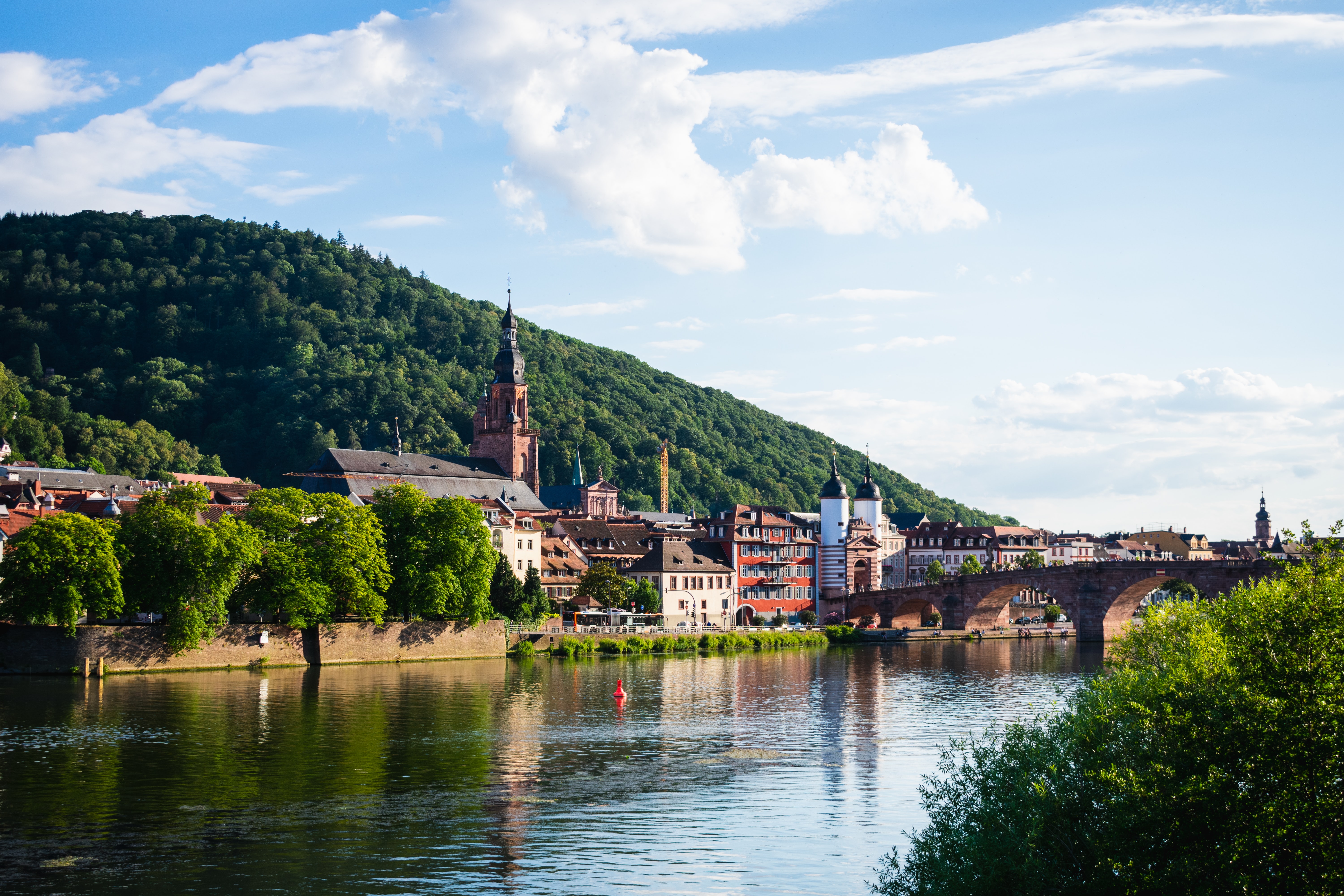
Work in Germany
Welcome to our guide for candidates wanting to relocate to Germany. Our recruitment agency offers various positions in Europe, our role is to guide you to find the perfect job for you, abroad! If you are looking for more information regarding Germany, you are in the right place! We have tried to give you the best overview possible below.
Introduction to Germany:
Germany is a country located in the heart of Western Europe. It is bordered by Denmark, Poland, Czechia, Austria, Switzerland, France, Luxembourg, Belgium, Netherlands, the North Sea, and the Baltic Sea. Germany has a strategic location on the North European Plain and along the entrance to the Baltic Sea. The government system is a federal republic; the chief of state is the president, and the head of government is the chancellor
Landscapes:
From the mainland to the islands, Germany is crisscrossed by outstanding cultural and natural landscapes. Many of them are unique in the world, fabulously beautiful and worth discovering all year round. Whether high mountains, steep gorges or paradisaical beaches: There are four major landscapes in Germany: In the north, the North German Lowlands; in central Germany, the low mountain ranges; and in the south, the Alpine foothills and the Alps.

Tourism:
While Berlin is a favorite travel destination for tourists from near and far, Bavaria is actually the most popular tourist destination in the country, with 100 million overnight stays in 2019. This is because Germany is also a really popular vacation destination among Germans.
When traveling to or within Germany, the majority of people are looking for history, culture and natural beauty. In metropolitan cities such as Munich, Berlin or Hamburg, those interested in culture enjoy visiting spectacular sights or experiencing art. Active holidaymakers like to head to the Bavarian Alps, the Black Forest or the Rhine Valley to indulge in some real action.
The Highlights of visiting Germany:
Germany's larger cities are also among the main tourist attractions. Hamburg, in the far north, for example, is a popular travel destination for city travelers who enjoy art, culture and special events at the opera.
Have you heard of the Cologne Cathedral? Cologne boasts an extraordinary cathedral, Frankfurt is a very international city that should be visited at least once, and Munich has superb events like the Oktoberfest in the early fall and amazing traditional architecture.

Transportation:
Public Transport in Germany as in most European countries is usually excellent. It is very practical to live in any large German city or metropolitan area without owning a car. Even medium-sized cities have good public transportation networks that use buses, trams, and urban/suburban rail lines to move people around.
Cost of living and healthcare:
It would be hard to get by for less than €1,000 a month in Germany, and this rises to around €1,500€ - €2,000€ in the cities where rents are higher. Students can usually cover living costs for around €850 a month. Travel is fairly affordable, even in big cities, and food and drink prices are average for Europe. An important topic for all people moving to Germany is to consider is health insurance costs.
The German healthcare system has long been considered one of the best in Europe and is certainly the oldest of its kind. When it comes to funding, the model for medical insurance in Germany is a multi-payer system, funded by the government, employers, and private individuals. Most residents including foreigners are enrolled in the public healthcare system, but around 10% choose private medical care.

Let’s have a closer look at the average cost of living in Germany :
•Utilities: €220 (inc. internet, mobile & TV)
•Rent: between 350€ (flatshare) to 800€ (depending on the city)
•Travel: from €0 (students) to around €100
•Food & Drink: €150 to €200
•Health insurance: €110 (average rate for students enrolled in the public health insurance system. For others, the amount can be higher, but it can also be partially covered by your employer and come directly from your gross paycheck)
•Going out: from €50 to €150 (depending on lifestyle)
•Other: €20
•Total: from €850 to €1,500
5 Random facts about Germany:
1.Germany has over 1000 varieties of sausages
2.Beer is food in Bavaria. It’s a way of life. In Bavaria, the average person drinks around 150 liters of beer per year!
3.A third of Germany is covered in Forest
4.Attempting to escape jail is legal in Germany
5.The first book ever printed was in German and the first magazine ever printed was launched in Germany in 1663
If you are interested in working in Germany, click on the button below

